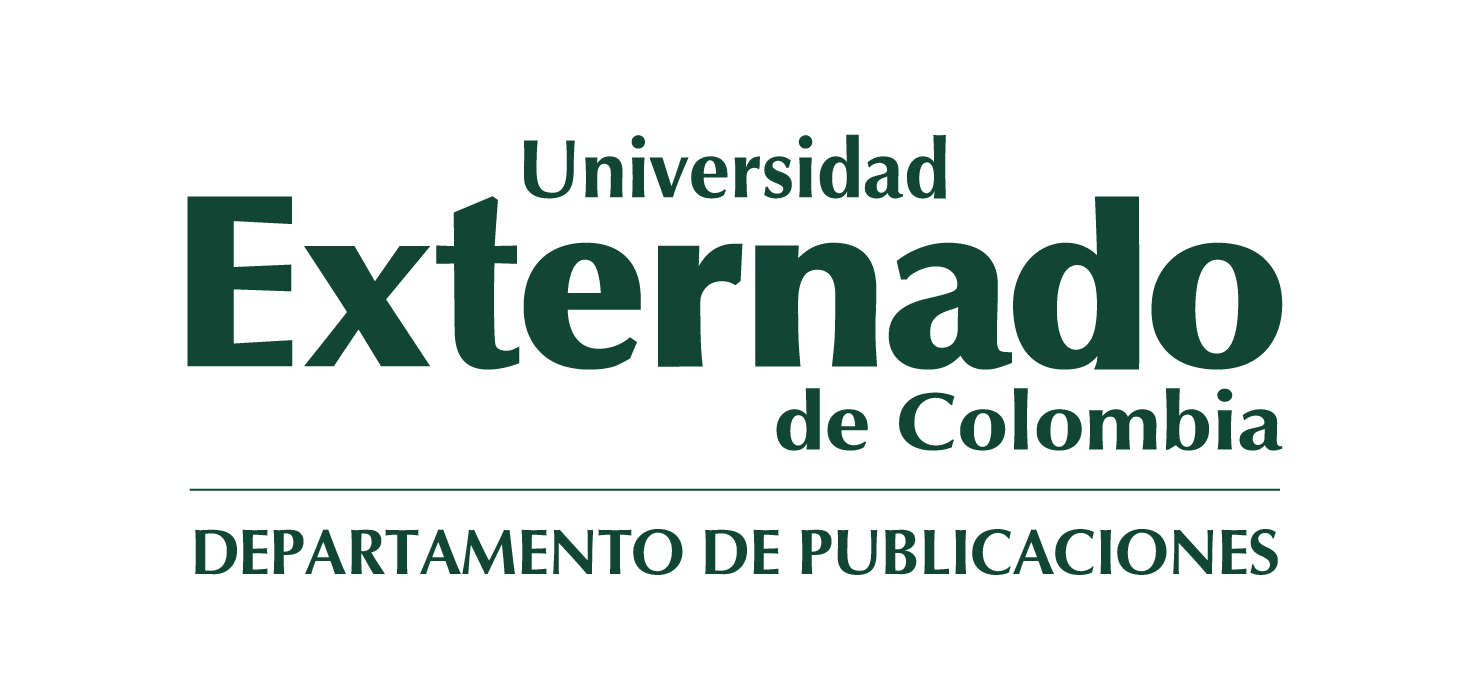Contemporary constitutional law is going through a moment of changes of special importance, particularly in what has to do with the institutional design of democratic States in Latin America. This is where the need to approach the study of democracy, legal pluralism, the need for a sociological and anthropological approach to constitutional law, constitutional justice and, in general, the theory and practice of constitutional law in the region arises. Latin American. This is why in recent years the questions that have guided the Discussions on the institutional model of our States remain associated with the relationship of the structure of the State with the catalogs of fundamental rights, systems of government, the arbitration of relations between the different public weights and on the instruments to articulate citizen demand and greater participation in public affairs. This is how the book presented here is mainly concerned with addressing and resolving these concerns, identifying the characteristics of democratic Latin American States.
For this purpose, the work that we present below is divided into four Granada parts. The first studies three characteristics of democratic States. The second analyzes the challenges of the territorial organization of these States. The third presents critical reflections on the inclusion of diversity. And, finally, the last one faces the challenges posed to the peace agreement in Colombia in terms of impunity.
PRESENTACIÓNMagdalena Correa Henao y Paula Robledo Silva PRIMERA PARTE
TRES CARACTERÍSTICAS DE LOS ESTADOS CONSTITUCIONALES EN AMÉRICA LATINA
Capítulo 1
El efecto antidemocrático de la reelección presidencial inmediata en América Latina (1994-2017) José Fernando Flórez Ruiz
Capítulo 2
Elemento plebiscitario y función de control del poder en América LatinaMarcos Criado de Diego
Capítulo 3
El modelo del constitucionalismo débil y la legitimidad de la justicia constitucional en ColombiaJorge Ernesto Roa Roa
SEGUNDA PARTE
RETOS DE LA ORGANIZACIÓN TERRITORIAL
Capítulo 1 Descolonización y refundación del Estado: experiencias en LatinoaméricaSoraya Pérez Portillo
Capítulo 2
La necesidad de regulación de las relaciones interadministrativasJuan Carlos Covilla Martínez
Capítulo 3
Problemas antropológicos y jurídicos de la territorialidad indígena en ColombiaSamuel Baena Carrillo
TERCERA PARTE
DISEÑO CONSTITUCIONAL E INCLUSIÓN DE LA DIVERSIDAD
Capítulo 1
Bases para un modelo constitucional de reconocimiento, protección e integración de la diversidad cultural y natural Alejandro Santamaría Ortiz Capítulo 2
La construcción del problema social del matrimonio entre personas del mismo sexo y su puesta en agenda legislativa en Colombia Lina Malagón Penen
CUARTA PARTE
EL GRAN DESAFÍO DEL PROCESO DE PAZ EN COLOMBIA Capítulo final
La mula muerta: el tema de la impunidad en Colombia y el contexto de las negociaciones de La Habana Camilo Eduardo Umaña Hernández
eBook
Impreso
-

-
Magdalena Correa Henao
-
Abogada, magíster en Administración y Gestión Pública, doctora en Derecho y experta en Derecho Constitucional. Asesora jurídica para temas constitucionales de entidades del Estado y organizaciones del tercer sector. Directora del Departamento de Derecho Constitucional de la Universidad Externado de Colombia. Miembro del Grupo Interdisciplinario de Expertos Independientes (GIEI-Bolivia) de la Comisión Interamericana de Derechos Humanos (CIDH). Sus principales líneas de investigación son las siguientes: derechos fundamentales y derecho internacional de los derechos humanos, justicia constitucional, justicia transicional, desarrollos y reformas constitucionales.
-
-

-
Paula Robledo Silva
-
Doctora en Derecho Constitucional por la Universidad de Valladolid (España). Magíster en Derecho Público de la Universidad Externado de Colombia. Especialista en Derecho Constitucional y Ciencia Política del Centro de Estudios Políticos y Constitucionales (España). Abogada de la Universidad Externado de Colombia. Actualmente se desempeña como magistrada auxiliar del Consejo de Estado y docente investigadora de la Universidad Externado de Colombia
-
eBook
Digital: descarga y online - EPUB
Catálogo Universidad Externado:
Impreso
Catálogo Universidad Externado:



